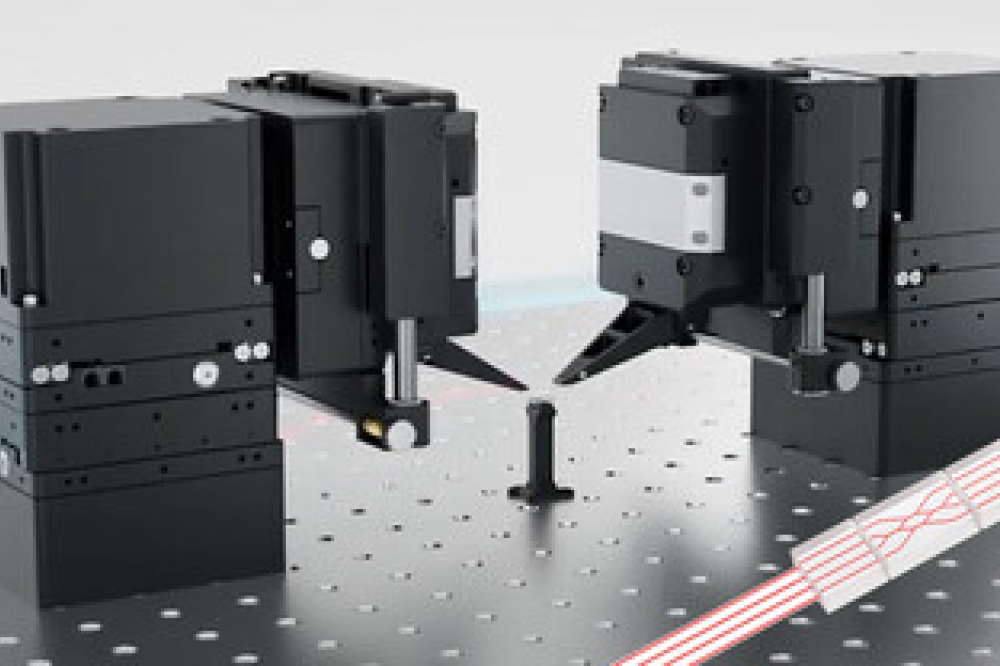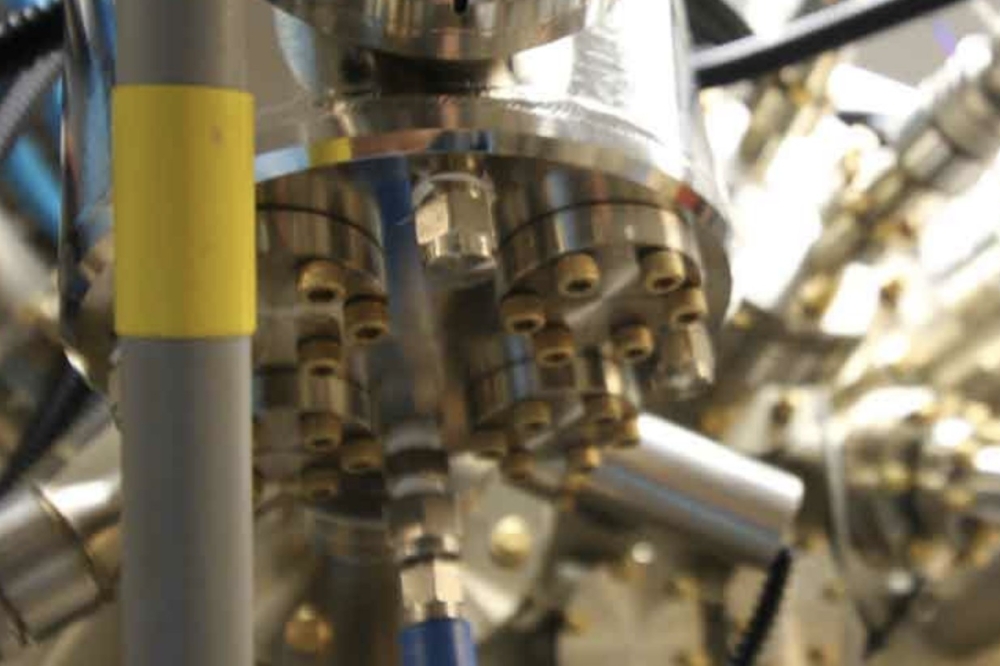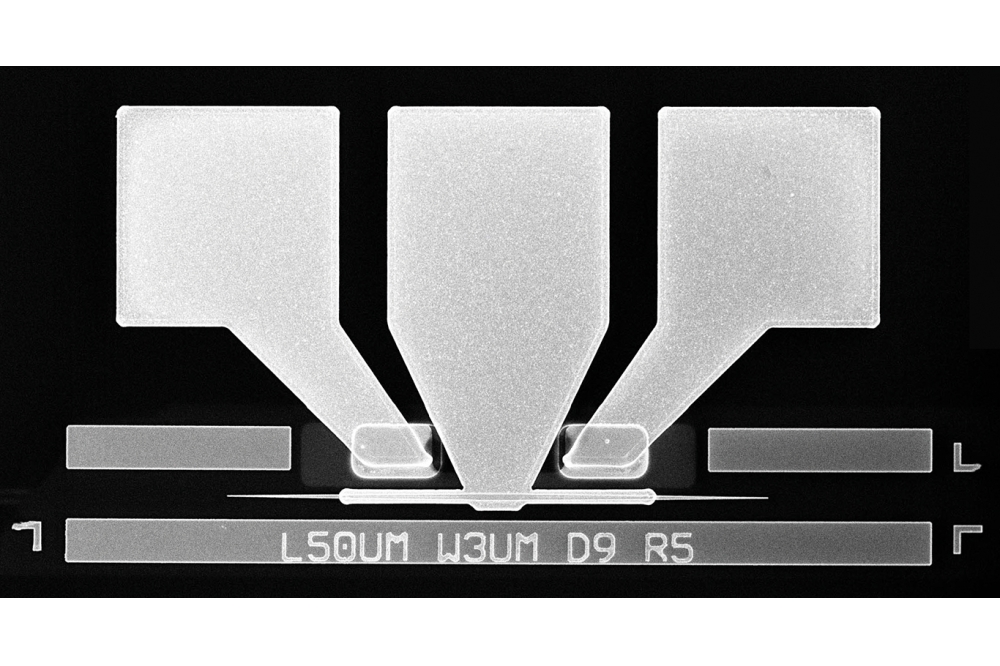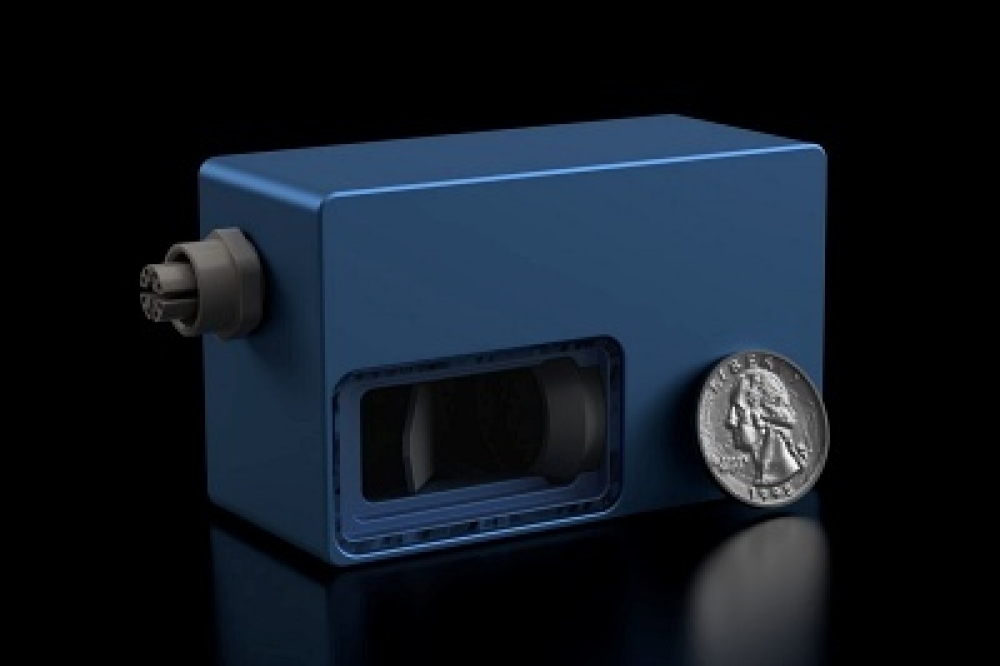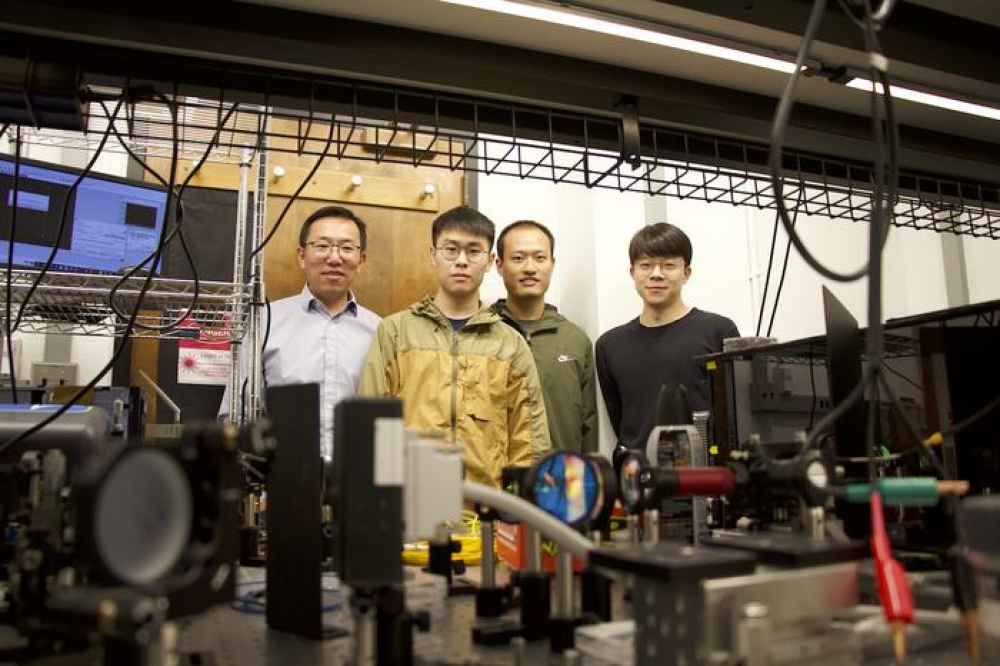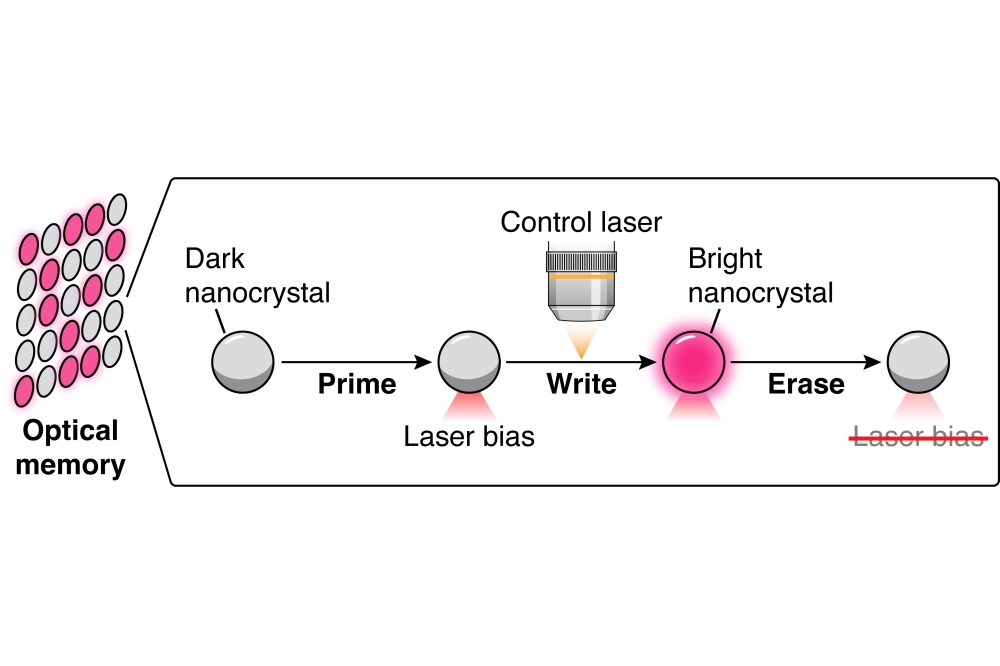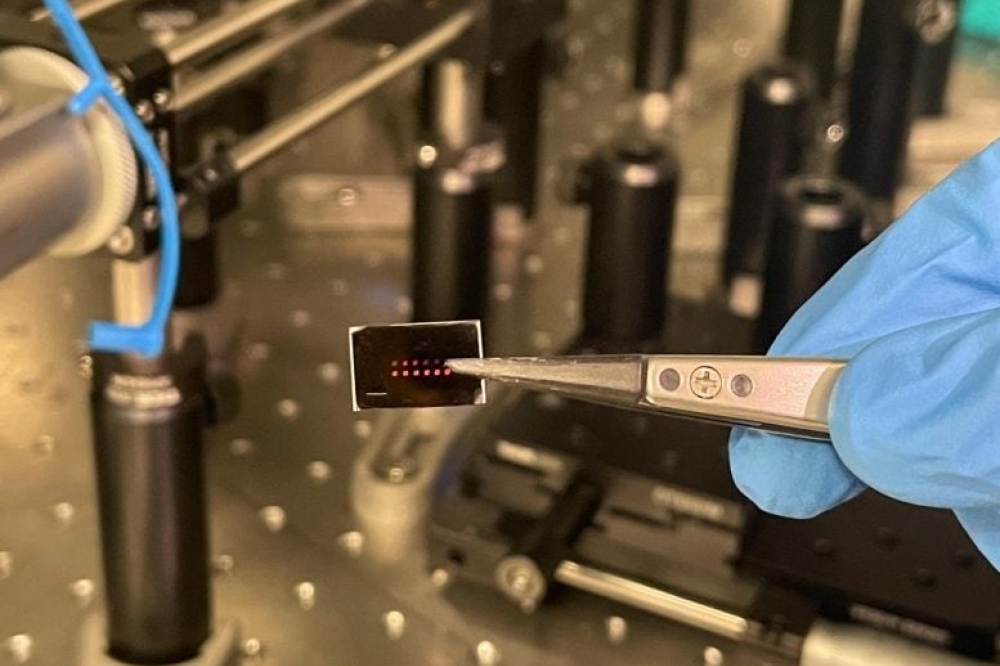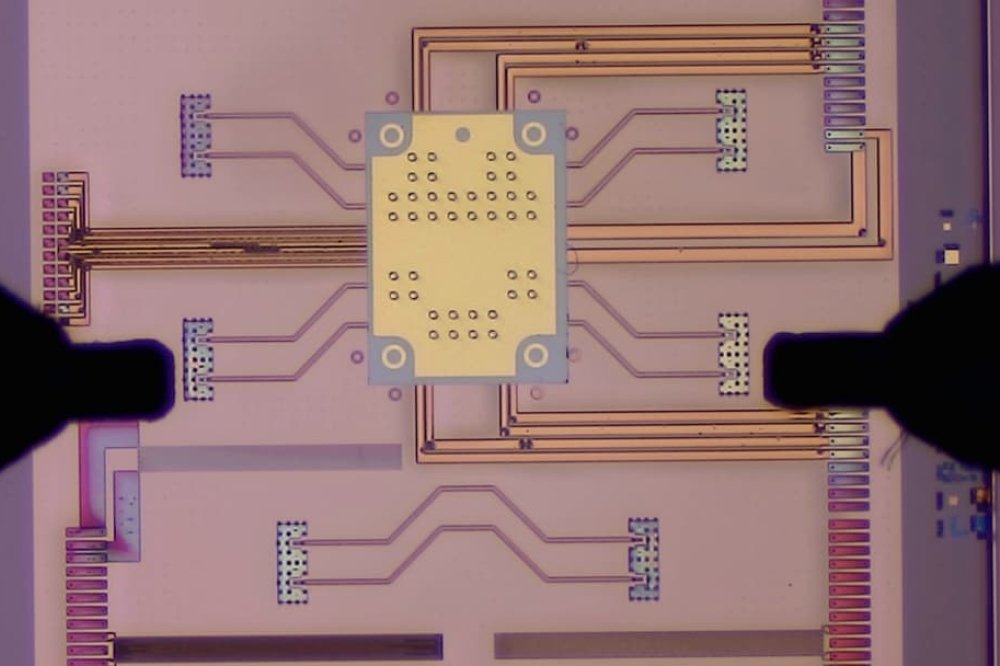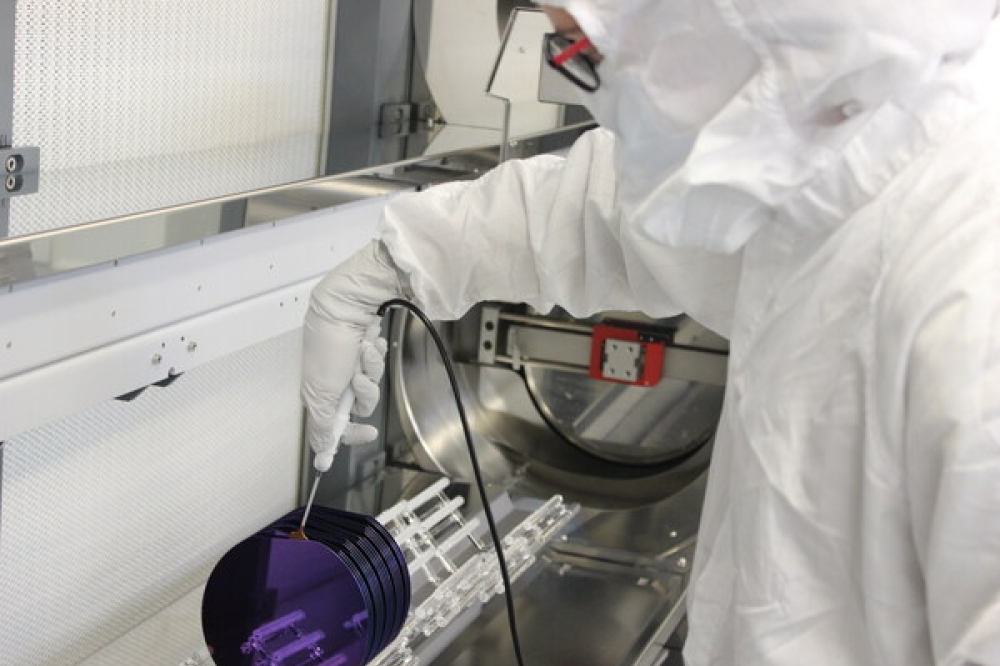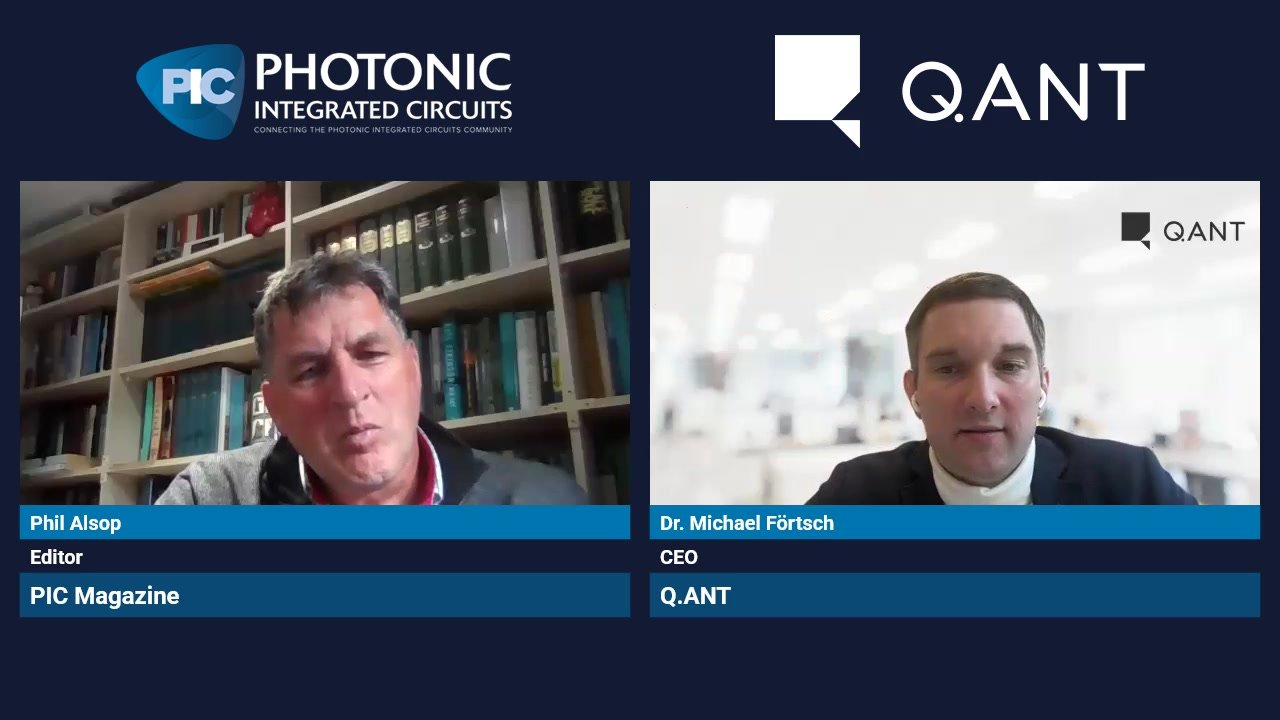Black Semiconductor raises €254.4 million for graphene chips
The company says its technology, which uses graphene to co-integrate electronics and photonics, allows many chips to interact almost as if they were one, overcoming limitations of silicon chip architecture
Black Semiconductor, a company focused on developing graphene chip technology, has secured €228.7 million in public funding from the German Ministry of Economic Affairs and Climate Action and the state of North Rhine-Westphalia. This funding will be delivered over the next seven years under the IPCEI ME/CT2 programme (Important Project of Common European Interest Microelectronics and Communication Technologies). Alongside the public funding, the company has secured an additional €25.7 million in equity funding. With the new funding, the company says it is on track to realise the first phase of its vision: advancing a new generation of chip technology from research to mass production by 2031.
Founded in 2020, Black Semiconductor aims to develop a novel way to build networks of chips leveraging the properties of graphene. According to the company, these new chip networks will speed up data communication between chips for unparalleled performance, improved energy efficiency, and a significant reduction in manufacturing costs through reducing the number of production steps required by 60 percent.
Black Semiconductor has an ambition to enable mass production of graphene semiconductors in full compliance with existing industry standards. The company says its technology and hardware facilitate optical chip-to-chip connections, allowing chips to interact almost as if they were one. By overcoming current limitations in silicon chip architecture, Black Semiconductor says this new technology addresses existing barriers for transformative applications across industries, including efficient datacentres, generative and embedded AI, and autonomous driving.
“We highly value the strong support of the government and renowned investors to jointly advance the development of novel technologies in Europe,” said Daniel Schall, co-founder and CEO of Black Semiconductor. “The investment enables us to drive our product development and 300 mm wafer pilot production facility forward at full speed. As traditional chip technology moves closer to its technological and economic limits, our innovation paves the way for faster, more powerful, cost-efficient, and energy-efficient computation.
“As part of the IPCEI programme, we are committed to contributing to the semiconductor value chain in Europe. We believe that this investment, coupled with Europe's ambitious push to increase funding for deep tech companies, will inspire even greater participation from startups and industry players.”
The funding round was led by Porsche Ventures and Project A Ventures, with participation from venture capital firms, corporates, and industry leaders including Scania Growth Capital, Capnamic, Tech Vision Fonds, and NRW.BANK, joining the seed round investors Vsquared Ventures, Cambium Capital, and Hermann Hauser’s Onsight Ventures.
Uwe Horstmann, co-founder, and general partner of Project A said: “Europe needs to focus on achieving independence in key enabling technologies to ensure the continent's autonomy and economic stability amid geopolitical challenges and supply chain issues. Semiconductors have been a much-neglected industry. Black Semiconductor, with its great founding team, exceptional technological know-how and substantial funding, has the ability to bring back some of the much-needed technological sovereignty and become one of the key players in Europe.”
Patrick Huke, partner and head of Porsche Ventures, said: “Our lead investment in Black Semiconductor together with Project A represents a great opportunity, harnessing photonics technology seamlessly integrated into conventional chips for a variety of industries, use cases and future AI applications. Fuelled by a combination of public and private investors, the Black Semiconductor team is now in a great position to build a strong semiconductor business within Europe, strengthening not only our domestic competitiveness but also the overall European chip ecosystem.”
With the fresh capital, Black Semiconductor intends to accelerate its R&D initiatives and establish pilot line manufacturing capabilities in Aachen, Germany, an important step towards fulfilling its long-term goal of producing and implementing high-quality graphene in Europe. The company plans to inaugurate a pilot manufacturing facility in Aachen by 2026, demonstrating the seamless integration of graphene into electronic chips. Additionally, Black Semiconductor aims to increase its headcount, planning to create 90 new high-tech positions, boosting its total workforce from 30 to 120 by 2026.
Image credit: Martin Braun



